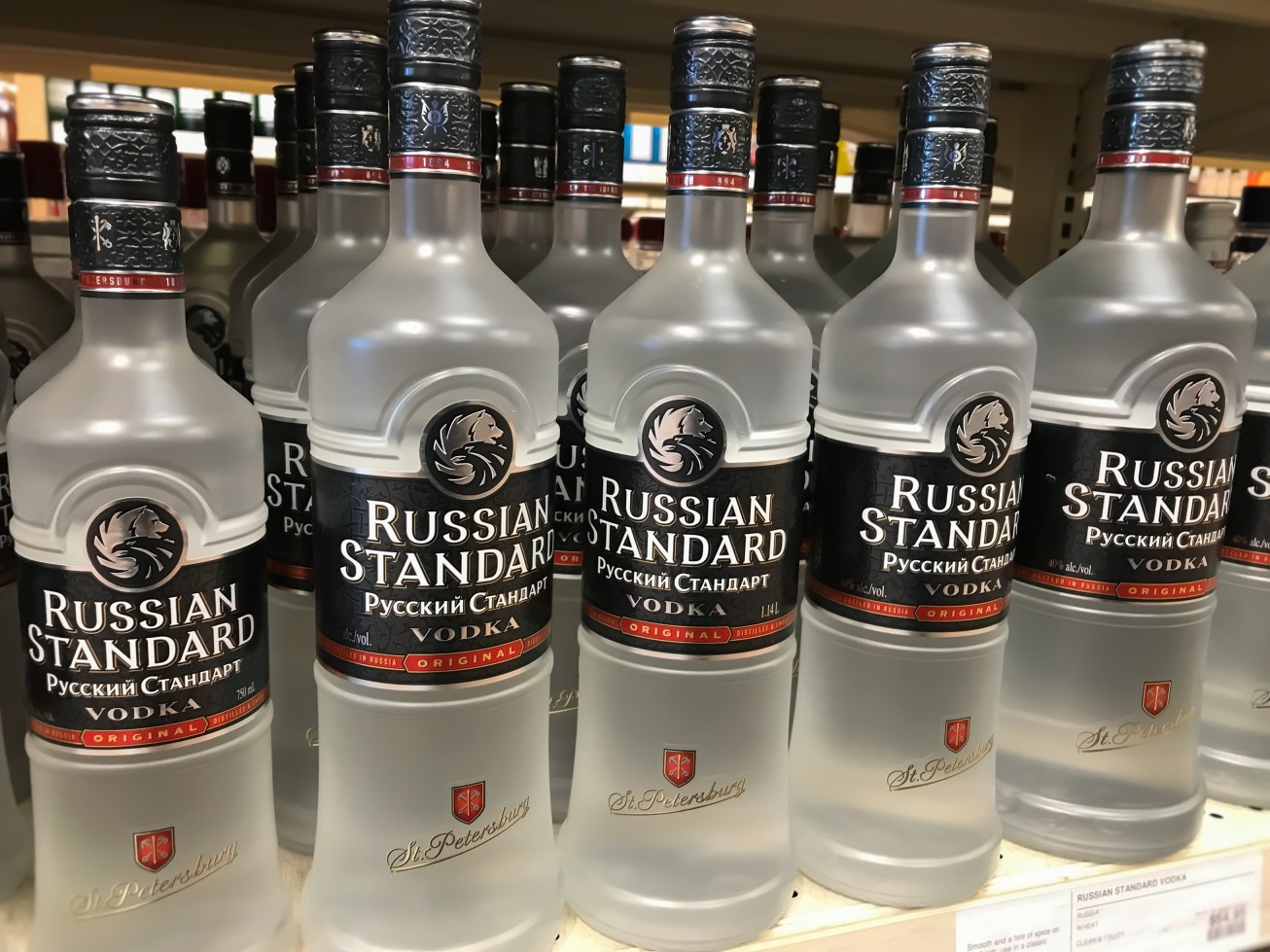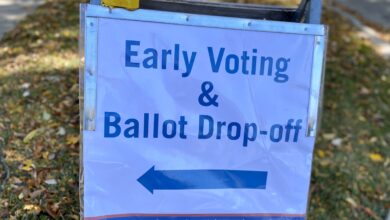The invasion of Russia into Ukraine has sent shockwaves across the globe. Unions and governments across the globe are ramping up sanctions against Russia as many are increasingly backing Ukraine in the conflict. And in the same spirit, businesses and consumers are protesting against the invasion with their own measures.
Boycotts against Russian brands have been ongoing, with many Russian individuals, companies, and organizations facing backlash and people steering clear of their brands and businesses.
Across North America, legislations, governments, and alcohol regulators are snubbing Russian vodka or are putting measures to boycott the country’s famous liquor. In Canada, for example, the Liquor Control Board of Ontario announced that it was withdrawing all products of Russian origin from its 679 outlets. Canada is known as one of the biggest consumers of alcohol across the globe.
In Utah and New Hampshire, the statements against Russian liquor have been strong. The governors of the respective counties issued decrees that Russian-branded and Russian-made vodka be removed from the shelves of liquor stores that the government operates.
Ohio wasn’t left behind too. Its Governor Mike DeWine announced a move to stop buying and selling vodka produced by Russian Standard. Russian Standard is a Russian company that distributes and sells liquor in Ohio.
Will They Have an Impact?
Boycotters claim that their actions are intended to demonstrate sympathy with Ukraine. However, there have been queries on whether the measures will be useful in impacting the Russian economy, putting pressure on the Kremlin.
Paul Isely is one of those people. The Grand Valley State University Economics professor spoke to a Michigan ABC TV station on the matter. The professor says that clamping down on Russian vodka producers is not likely to affect Russia’s economy and may not even tickle Moscow.
One of the reasons is that consumption of Russian vodka is not that high in the United States and may even be as low as 1%. This is according to IWSR Drinks Market Analysis, a company that tracks alcohol sales. However, the economics professor reiterates that the boycott is still an immense display of solidarity against Russia.
Isley says that the move is symbolic because it shows that people are standing with Ukraine against the invasion. Additionally, Isley says that the product boycotts send a message around the world that the United States has a stand and is not divided on such matters.
Confusion on Russian Vodkas
One clear thing is that many business establishments and even bar owners do not know which products are Russian. For instance, a bar worker at a Vermont ski resort was among the many pouring Stolichnaya as a boycott to Russian products. It is exactly what happened in 2013 when the manufacturer was targeted again during boycotts before the Sochi Olympics.
Mark Schrad, a Villanova University associate professor of political science, notes the lack of information. He identifies the Stoli vodka that many Americans are synonymous with to be of Latvian origin.
On American store shelves, the only Russian brands you can come across are Russian Standard and Green Mark vodkas, according to Schrad. Nonetheless, their sales in North America account for only a small portion of their total global revenue. Schrad is well-versed in the matter and is the author of Vodka Politics: Alcohol, Autocracy and the Secret History of the Russian State.
Russia has had massive sanctions imposed on it by various countries and economic blocs. Thus, the boycott moves are less likely to make an impact. Schrad concludes that even adding Absolut or Ketel One to your martinis instead of Russian Standard is still a drop in the ocean.
Ukraine’s Opinion on the Matter
Ukraine’s ambassador to the United States, Oksana Markarova, commented on the vodka boycotts by Canadian and American businesses. She said that the measures were not enough to make a significant impact.
Markarova insists that more has to be done by American businesses. She also opines that the American government and its close allies should step up sanctions against Russia for their invasion into Ukraine.
Governor Kathy Hochul of New York also had a say on the matter. She has directed state organizations to cut business links with Russian firms.






